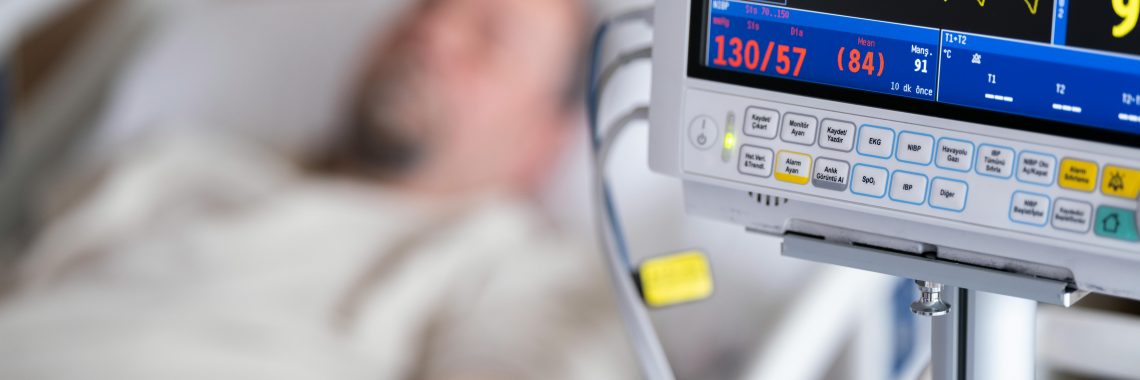Key Takeaways From 8th Circuit Decision Letting Arkansas Prohibit Hemp

Last week a three-judge panel from the Eighth Circuit Court of Appeals issued a decision effectively letting Arkansas restrict dangerous drugs made from industrial hemp.
In 2018, Congress passed the federal Farm Bill to let farmers grow cannabis plants low in THC for use in textiles like hemp rope or cloth.
THC is the main psychoactive substance in marijuana, and health experts warn the drug poses serious risks.
Instead of growing hemp for textiles, manufacturers have found ways to extract and refine the little bit of THC in the plants. Doing this on a commercial scale means they can produce a lot of THC to infuse into drinks, candies, e-cigarettes, and other products.
In response, many state and federal policymakers have pushed back against these dangerous drugs.
For example, the U.S. Food and Drug Administration has said that federal law prohibits hemp-derived THC in food products.
Massachusetts, South Dakota, California, and many other states have successfully prohibited food, drinks, and other products that contain THC made from hemp.
In 2023, Arkansas passed Act 629 by Sen. Tyler Dees (R – Siloam Springs) and Rep. Jimmy Gazaway (R – Paragould) to prohibit THC made from industrial hemp. Family Council supported that good law, and the legislature voted to pass it.
However, members of the hemp industry filed a lawsuit against Act 629, and the law has been tied up in federal court — that is, until last week.
The court ruled that the federal Farm Bill does not force Arkansas to legalize drugs made from hemp, noting:
The text of the 2018 Farm Bill shows only that Congress wanted to facilitate state legalization of hemp, if a state wants to. Congress allows states to legalize hemp by removing the biggest hurdle—federal criminalization. . . . Instead, just because states may legalize hemp under the 2018 Farm Bill does not mean they must.
The ruling overturned a lower court decision that blocked Act 629 — which means Arkansas will be able to enforce this good law.
In a statement, Arkansas Attorney General Tim Griffin called the decision “a win for common sense and the rule of law.” We could not agree more.
Family Council fully supported Act 629 in 2023. For the past two years, we have said that Act 629 is a good law and that our federal courts ultimately would let the state enforce it. Last week’s victory at the Eighth Circuit was exactly the decision we have expected.
We appreciate Arkansas’s lawmakers passing Act 629, and we appreciate Attorney General Tim Griffin’s commitment to defending this good law in court.
Articles appearing on this website are written with the aid of Family Council’s researchers and writers.



